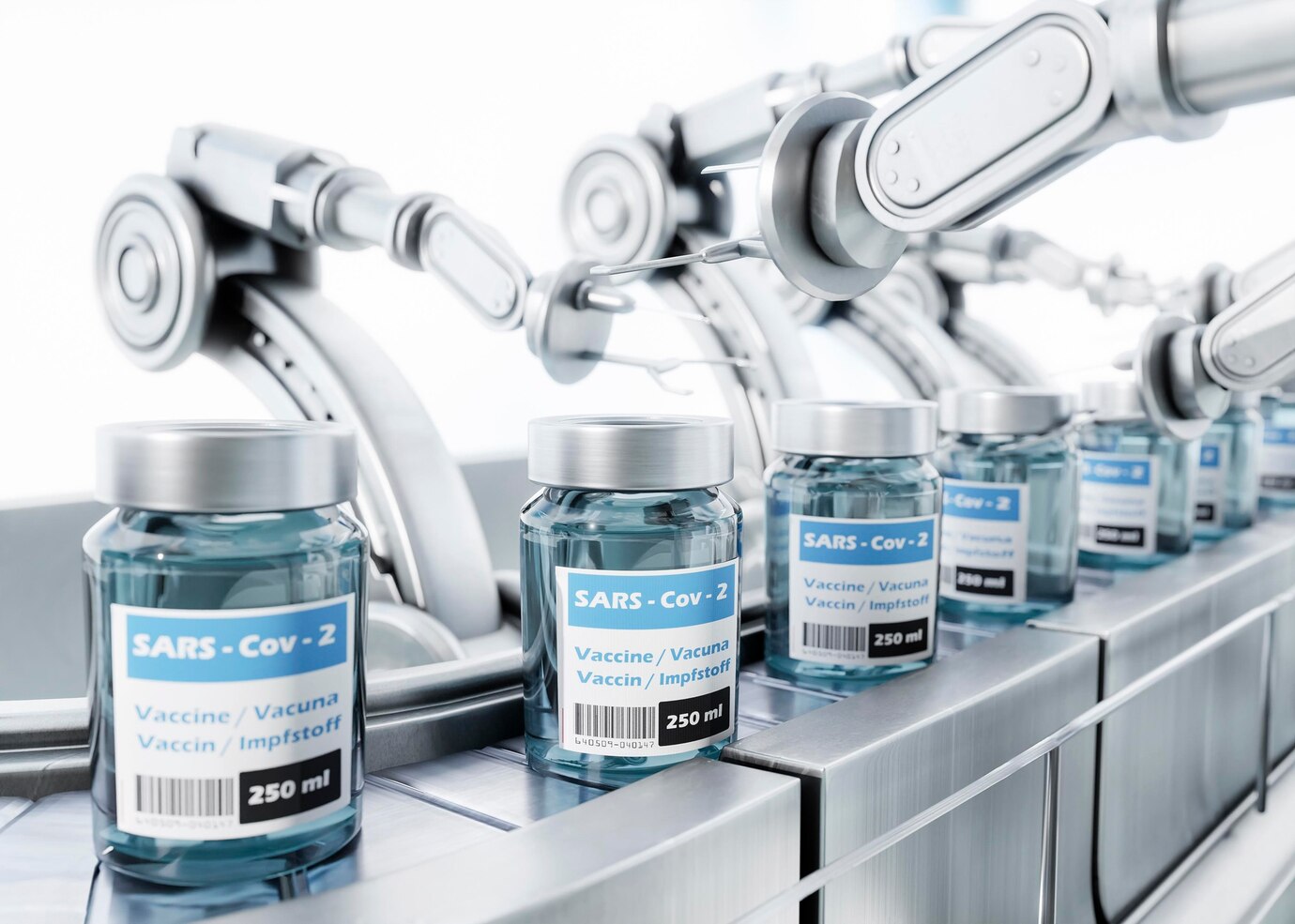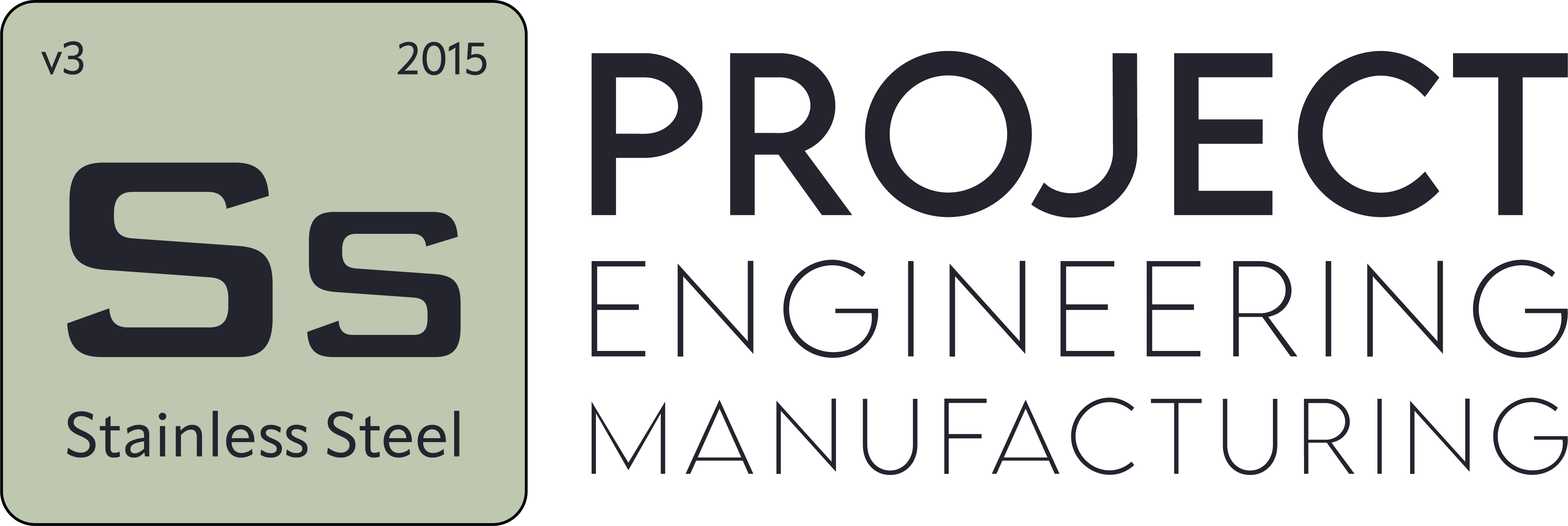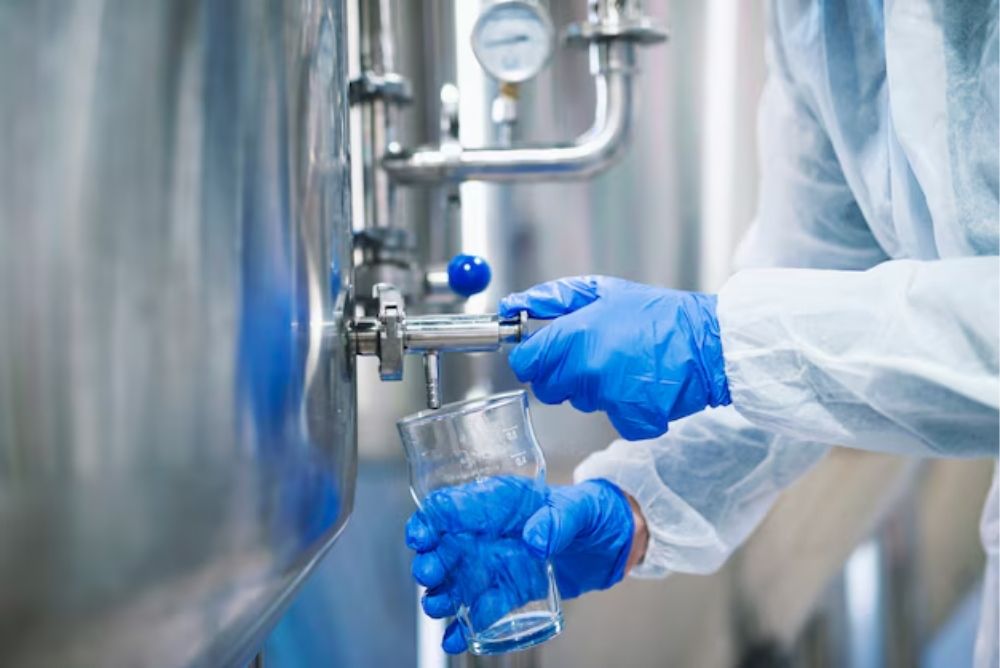Water for Injection Systems
- Blog
- Water for Injection Systems
Water for Injection Systems
How to Ensure Water Quality in Injection Systems?
Ensuring water quality in injection systems guarantees efficient and reliable operation of the systems. One of the main ways to protect water quality is to install an effective treatment system. Water purification processes provide high purity water by removing impurities and dissolved substances from the water. These processes include filtration, reverse osmosis, and chemical purification methods.
Regularly monitoring water quality directly affects the performance of systems. Regularly measuring the pH level and mineral content of the water ensures the suitability of the water and prevents corrosion or scale formation. Additionally, appropriate storage conditions and measures to prevent water pollution protect water quality. Cleaning water tanks and pipelines reduces the risk of contamination and maintains the purity of the water.
Modern automation systems automate the functions of monitoring and controlling the quality of water. These systems enable continuous monitoring of water and immediate detection of abnormal conditions, enabling rapid intervention and corrective measures. Ensuring high water quality in injection systems increases the reliability of production processes and ensures the quality of products.

What are the Water Purification Methods for Injection Systems?
Water purification in injection systems is a critical step to increase the efficiency and reliability of the systems. Water purification methods include various techniques to ensure the purity of water and remove impurities.
Filtration is one of the most basic and widely used purification methods. This process removes physical contaminants and particles from the water. High-efficiency filters remove particularly large particles and sediment effectively.
Reverse osmosis is a method used to separate dissolved substances and ions in water. This process ensures high purity of water and is particularly effective in removing minerals and salts.
Demandration and chemical treatment methods are other techniques used to ensure the purity of water. Demention ensures the removal of organic components and microorganisms in the water. Chemical treatment, on the other hand, improves the quality of water by using chemicals that neutralize certain impurities.
UV (ultraviolet) sterilization is a method used to destroy microorganisms in water. UV light inactivates bacteria and viruses, thus ensuring the microbiological safety of the water.
These treatment methods can be applied together to improve the quality of water used in injection systems. The effective use of these methods guarantees the purity of the water and the performance of the systems.
What is the Importance of PW and WFI Water in Injection Systems?
PW (Purified Water) and WFI (Water for Injection) water are critical in injection systems because these water types directly affect the purity and safety of the products. PW refers to water of high purity and compliance with certain standards, which is generally used in industrial applications and pharmaceutical production. WFI, on the other hand, is the type of water with the highest purity level, used especially for parenteral drugs and injection solutions.
The use of PW in injection systems is important to ensure high purity in production processes. This water is often used in the formulation of medicines and other products and undergoes a rigorous purification process to minimize impurities.
WFI plays an even more critical role in injection systems because this water is used in products that are injected directly into the body. WFI, which must comply with high purity and microbiological safety standards, is a type of water required to ensure the highest quality in production processes. The production of WFI often requires more advanced purification methods and sterilization processes.
PW and WFI water improves the reliability of injection systems and product quality. The use of these types of water ensures both the effectiveness of the products and the safety of patients, thus complying with the highest standards in injection systems.
How to Install Water Systems Compliant with FDA and GMP Standards?
Installing water systems that comply with FDA and GMP standards requires a meticulous approach to ensure high quality and reliability. These standards include the highest criteria established to guarantee the purity and microbiological safety of water.
During the installation of water systems, water treatment methods should be chosen first. Methods such as filtration, reverse osmosis and UV sterilization effectively remove impurities and microorganisms in water. These methods are the first steps necessary to ensure that water complies with FDA and GMP standards.
In system design, features that will ensure that water is kept under control at all stages are prioritized. The design of pipelines, storage tanks and other equipment ensures that water is delivered cleanly without exposure to contamination. In addition, regular cleaning and maintenance of the systems ensures the continuity of water quality.
Automation and monitoring systems constantly control water quality and detect abnormal situations at an early stage. These systems automatically make necessary adjustments by monitoring the water's pH level, temperature and other critical parameters.
Installation of water systems that comply with FDA and GMP standards is achieved through meticulous purification, effective design and continuous monitoring. These approaches ensure high purity of water and reliability in production processes.
How to Control the Purity Level of Water in Injection Systems?
The purity level of water in injection systems is a critical element in terms of the efficiency of the systems and product quality. Various methods are applied to control this level of purity. First, the physical, chemical and microbiological parameters of the water are regularly monitored. These parameters include pH level, amount of dissolved solids, organic components and microorganism concentrations.
Filtration systems are used to maintain the purity of water. These systems clean large particles and sediments in the water. Advanced purification methods such as reverse osmosis remove dissolved salts and other impurities, resulting in high purity water. UV sterilization is also applied to prevent microbiological contamination. UV light ensures the microbiological safety of water by neutralizing bacteria and viruses.
Automation and monitoring systems provide continuous monitoring and quality control of water. These systems instantly measure the parameters that affect the purity of water and collect data. It helps systems quickly detect anomalies and take corrective measures.
Why is the pH Level of Water Critical for Injection Systems?
The pH level of the water in injection systems is critical for product quality and system performance. pH determines the acidic or basic properties of water, which directly affects the chemical stability of water. Proper pH levels maintain the purity of water and ensure optimal dissolution of dissolved components.
Changes in pH level can affect the solubility of minerals and impurities in water. Incorrect pH levels can cause scale formation and corrosion, which shortens the life of the injection system and increases maintenance costs. Additionally, some chemical ingredients and drugs remain stable within certain pH ranges, so maintaining pH balance guarantees the effectiveness and safety of products.
The pH level of the water is constantly monitored through the systems' automatic monitoring and control systems. These systems detect abnormalities in pH level and take necessary corrective measures. These approaches ensure that the quality of water is maintained and the efficiency of injection systems is increased.
What is the Role of Water Purification and Automation Systems in Injection Systems?
The role of water purification and automation systems in injection systems is critical to ensuring water quality and system performance. Water purification systems ensure the purity of water and its removal from impurities. These processes include various purification methods: physical, chemical and microbiological contaminants in water are effectively removed through methods such as filtration, reverse osmosis and UV sterilization. This ensures the safety of the products and the longevity of the systems.
Automation systems enable monitoring and control of water treatment processes. These systems instantly measure various parameters of water and collect data. Important indicators such as pH level, temperature and impurity concentrations are automatically monitored. When abnormal situations are detected, automation systems send alerts and take corrective measures if necessary. This ensures that both water quality and system performance are kept at a constantly high level.
The integration of water purification and automation systems ensures the supply of high purity water in injection systems and the uninterrupted operation of production processes. Effective treatment solutions and advanced automation technologies improve both the quality of water and the efficiency of systems, thus supporting reliability and sustainability in production processes.
How to Optimize Water Management for Injection Systems?
Optimizing water management in injection systems is a critical step to increase system efficiency and reduce operational costs. Various strategies can be implemented to optimize water management.
Improving the effectiveness of water purification systems is the first step to ensure the quality and reliability of water. Correct application of purification methods such as filtration, reverse osmosis and UV sterilization maintains the purity of water and prevents impurities. Regular maintenance and calibration of water treatment equipment improves the performance of systems and water quality.
Integration of automation systems plays an important role in optimizing water management. These systems constantly monitor the water's pH level, temperature and other critical parameters. When abnormal situations are detected, automatic alerts are sent and necessary corrective measures are taken. This ensures that the water quality and system performance are kept at a constantly high level.
Monitoring and managing energy and water consumption helps control costs. Strategies that minimize water consumption and increase energy efficiency provide both environmental and economic benefits.
What are Water Purification Equipment in Injection Systems?
Various equipment is used in injection systems to purify water and ensure the purity and quality of water. These equipment ensure effective removal of pollutants and impurities in water.
Filtration systems remove large particles and sediments from the water. Various types of filters reduce physical pollution of water by providing mechanical filtration.
Reverse osmosis (RO) systems use high pressure to remove impurities such as dissolved salts, heavy metals, and organic compounds from water. This method ensures high purity of water and is especially necessary for critical applications.
UV sterilization uses ultraviolet rays to neutralize microbiological contaminations of water. This method ensures the microbiological safety of water by killing bacteria, viruses and other pathogens.
Demineralization units remove minerals and ions from water. This increases the purity of the water, reducing the risk of corrosion in the system and extending equipment life.
Chemical dosing systems add the necessary chemicals to regulate the pH level of the water and remove impurities. This equipment ensures that water is kept in suitable conditions.
What is the Effect of Water Quality on Production Processes in Injection Systems?
The quality of water in injection systems has a significant impact on the efficiency of production processes and product quality. Since water is one of the basic ingredients used in production processes, the purity and chemical properties of water directly affect production results.
The use of high purity water reduces the risk of transfer of contaminants and impurities to products during the production process. Contaminants can deteriorate the quality of products and cause corrosion in the system, which negatively affects both product quality and equipment life. Additionally, proper pH levels and mineral balance maintain the stability and effectiveness of the products.
The quality of water also affects the performance of equipment used in production processes. Dirty water can cause blockages in filtration and purification systems, requiring frequent maintenance. In order for purification systems to work efficiently, water must be pre-treated and its purity must be ensured.
The risk of microbiological contamination is particularly critical in the pharmaceutical and biotechnology sectors. High purity water prevents the migration of microorganisms to the products and thus ensures the safety of the products.
Monitoring and control of water quality ensures the continuity of production processes and product quality. The quality of water is constantly monitored through regular analyzes and automation systems and necessary corrective measures are taken.
For these reasons, management of water quality in injection systems plays a critical role in the success of production processes and the reliability of products.


